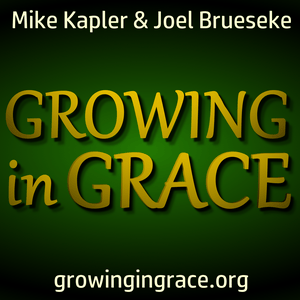There is a common misconception within the Christian mindset that the words Jesus spoke to His disciples and others should also be considered as if He was speaking to all future believers. But the primary mission of Jesus was to minister to the lost sheep of the house of Israel ... Jewish people who were under a different religious system of the Mosaic law which could not bring them life or righteousness.
While there are some demonstrations, blips, and words looking forward to a new and different covenant, there is very little good news contained within the chapters and verses in those books about the gospel of grace.
--Available on Amazon - "Clash of The Covenants: Escaping Religious Bondage Through the Grace Guarantee" https://www.amazon.com/dp/B0713ZSKY7


